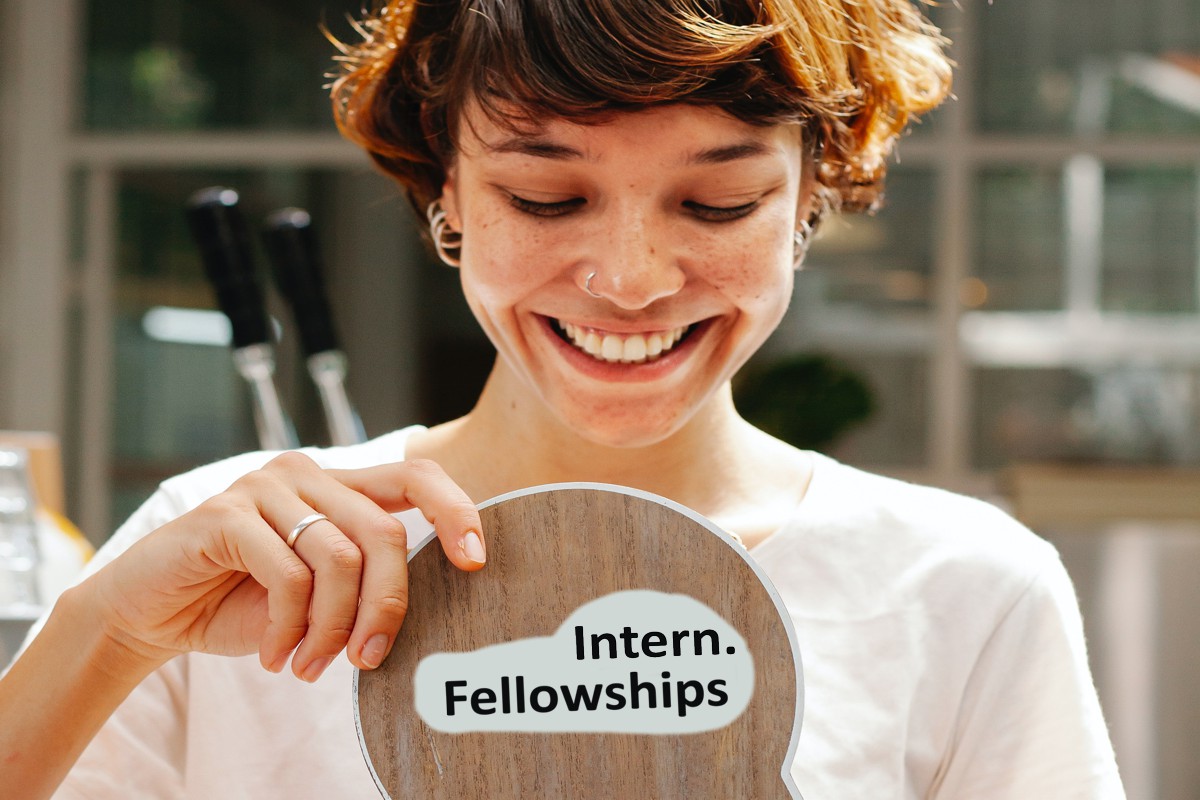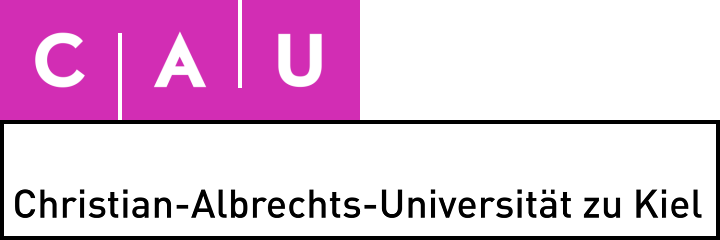International Fellowships
 We regularly offer international fellowships of three to six months duration to master students or master graduates.
We regularly offer international fellowships of three to six months duration to master students or master graduates.
Within the CRC 1261 highly sensitive magnetoelectric sensors for biomedical applications are developed in a cross-disciplinary team of scientists from materials science, electrical engineering, physics and medicine. In 15 research projects topics concerning magnetoelectric sensor development and fabrication (mainly materials science), sensor characterization and signal processing (mainly electrical engineering), sensor modeling and sensor analysis as well as (medical) applications are covered. The fellows receive 1365 € compensation per month. We cannot pay additional costs for travels or accommodation.
Application
To apply, please send a motivation letter with the topic you are interested in (one page maximum), your preferred starting date, and your CV and your university degrees in one pdf document to the mailing addresses listed in the individual projects below.
If you have any questions, please contact one of the CRC coordinators.
Offered Topics
Magnetoelastic Effects
Investigation of Magnetoelastic Effects on Exchange Bias for Magnetoelectric Sensors
| Duration: | 3 – 6 months | |
| Contact: | Prof. Dr. Jeffrey McCord, Institute for Materials Science, CAU Kiel | |
| Application E-Mail: |
Contents
Magnetoelectric sensors often rely on exchange bias through antiferromagnetic layers coupled to magnetostrictive ferromagnetic layers for magnetic domain stabilization. Whereas the magnetization response of the ferromagnetic layer is well understood, data on the effect of stress and strain on the antiferromagnet layer is absent. The aim of the project is to investigate magnetoelastic effects on the antiferromagnetic layer mediated exchange bias strength and stability relevant for magnetoelectric sensor applications.
The project will involve magnetometry and magnetic domain investigations of exchange biased ferromagnetic/antiferromagnetic layer stacks under stress and strain.
Respiration Monitoring
Respiration Monitoring based on ME Sensors
| Duration: | 6 months | |
| Contact: | Prof. Dr. Gerhard Schmidt, Faculty of Engineering, CAU Kiel | |
| Application E-Mail: |
Contents:
Magnetoelectric (ME) sensors are a cost-effective and robust alternative for measuring magnetic fields. The high resonant frequency and physical design allow operation in a noisy environment, such as a moving car.
In this fellowship, you will design and build a real-time system to monitor a driver's respiration. The idea is to place one or more ME sensors behind the driver's seat and a coil in the seat belt. By emitting a known magnetic field across the coil and measuring it with one or more ME sensors, the distace between the coil and the belt can be estimated. One way to take advantage of the high bandwidth of the ME sensor is to emit a pseudorandom sequence across the coil and then use a matched filter to recover the signal. This distance signal is then used to estimate the respiration of the driver. Because there are other processes, such as leaning forward or driving over a rough road, that can potentially affect the distance signal, additional signal processing techniques are needed to adequately estimate the respiration. You will need to determine for yourself which techniques are best suited for this purpose. One possible way would be to define a model for the process and then use a Kalman filter to estimate the driver's breathing.
Programming is mainly done in C and C++ using an existing real-time framework. Building on a variety of already implemented signal processing modules, you will implement your own ideas to extend our existing framework and visualize your results in a C++ GUI. If you have any further questions about this fellowship, please do not hesitate to contact us. We look forward to receiving your application!
Tasks:
- System setup using ME sensors, readout hardware and signal generation
- Implementation of appropriate detection mechanisms (e.g. matched filters)
- Evaluation of the system using phantoms
Requirements:
- Very good programming skills in C/C++
- Good knowledge of digital signal processing
Hybrid Motion Capture
Hybrid Motion Capture, Combining the Best of Wearables and Optical Motion Systems
| Duration: | 6 months | |
| Contact: | Prof. Dr. Walter Maetzler, Faculty of Medicine, CAU Kiel | |
| Application E-Mail: |
Contents:
Movement analysis within sports biomechanics and clinical applications has made considerable progress over recent decades. However, developing a motion analysis system that collects accurate kinematic during combined inside and outside sessions remains an open challenge.
This project aims to overcome problems in movement analysis by combining optical motion capture technology with inertial-measurement units (IMUs). The combination of both systems should allow to calibrate the segments of the human body and to analyze joint kinematics without the risk of losing information due to camera occlusions or 3D capture volume limitations. As a use-case, one could imagine a patient starting the clinical examination in the laboratory with a hybrid system containing optical markers and IMUs and when asked to perform specific tasks such as a long walk outside, the optical markers are removed. Once back in the laboratory the markers can be put on a second time to re-calibrate both systems and the joint kinematics can be evaluated. A hybrid motion capture would allow making classical clinical movement analysis more relevant for clinical decision making!
Because of the complexity of clinical movmement assessment, high risk of marker occlusions occur making additional signal processing techniques necessary to adequately estimate the joint kinematics. You will need to determine for yourself which techniques are best suited for this purpose.
Programming is mainly done in Matlab and Python building on a variety of already implemented signal processing modules, you will implement your own ideas to extend our existing framework and visualize your results. If you have any further questions about this fellowship, please do not hesitate to contact us. We look forward to receiving your application!
Tasks:
- Generate a human rigid body mode
- Implementation of appropriate sensor fusion algorithms
- Evaluation of the system by simulating marker occlusions
Requirements:
- Very good programming skills e.g. Matlab / Python
- Good knowledge of digital signal processing




